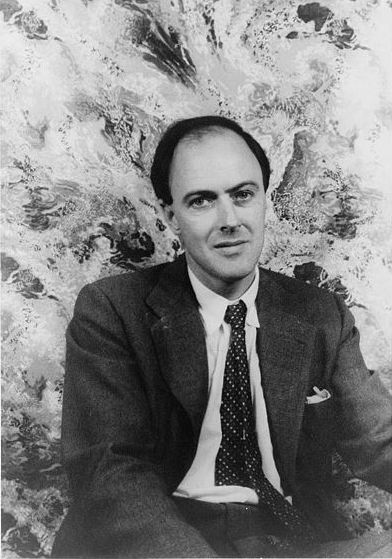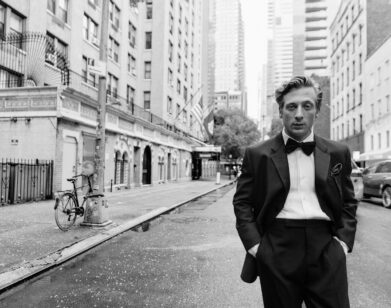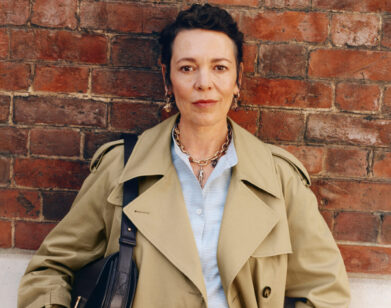Your Ticket Inside the Life of Roald Dahl

Â
Â
Â
The story of Charlie and the Chocolate Factory by Roald Dahl is part of the cultural fabric: After discovering a Golden Ticket in a bar of chocolate, the young Charlie Bucket sets off on a spiraling journey through the sugary universe of Willy Wonka. Another story by the author, titled “Collector’s Item,” in which a wealthy man bets his luxury car for the left-hand fingers of penniless strangers, is less revered. In Storyteller: The Authorized Biography of Roald Dahl, Donald Sturrock examines the complex persona behind the tales of giant pit fruit, a murderous landlady, and a friendly giant.
Often characterized as a man prone to exaggeration and disagreeable conduct, Dahl led a life kilometers apart from the typical. From an early age, he endured a dramatic series of events. A Norwegian émigré to Britain, Dahl lost his father as a child and was raised by his mother, Sofie Magdalene Hesselberg, with whom he shared a close bond and would regularly write letters, many of which informed this book. He later went off to North Africa, fought as a pilot in the Royal Air Force during the Second World War, during which time he sustained injuries that would affect him for life, served as a spy in Washington, and suffered the death of his daughter Olivia.
The swashbuckling writer was drawn to contradictions with magnetic force. He was skilled at pinching precisely the wrong nerves of his fellow writers and producers. “He wasn’t an easy guy,” reflects Sturrock, but a “rather charismatic, buccaneering controversialist.” His early-career struggle for success and monetary return contrasted with his meddles with high society. He had several affairs with powerful women, including Standard Oil heiress Millicent Rogers. In 1953, he married actress Patricia Neal, with whom he had five children. Although Dahl enjoyed the company of celebrities, such as that of Walt Disney, he suffered from chronic pain and worked in brute, ritualistic isolation. Upon meeting Dahl in 1986, while working on a BBC documentary on Dahl, Sturrock recalls, “I was struck by what an outsider he was.” Deemed often by friends and family as a foreigner in England, Dahl volleyed between Britain and the United States during his formative years as a writer.
One of the more striking bits of Dahl’s life is his claim to have refrained from incorporating his own life into his children’s works and the inherent neglect, perhaps even disdain, for factual accuracy in memoirs. Sturrock comments, “I think he was somebody who didn’t have a lot of respect for facts.” Although Dahl denied any direct connection between his fiction and his own life, the character of the orphan child hero and his love of flying recur in his works. He adds, “I think he was very suspicious of delving in any way into his own psychology.” In fact, Dahl found biographies lackluster in comparison to the fantasy worlds concocted by the imagination. Nevertheless, he bestowed the responsibility of a written biography to his daughter Ophelia, which was ultimately carried out by Sturrock, someone from outside the family who knew the author well. In response to what Dahl may have expressed in response to an official biography, Sturrock answers, “I just hope this book isn’t boring.”
Â






